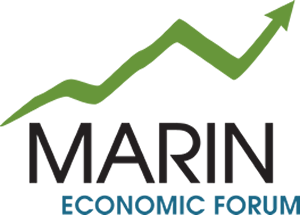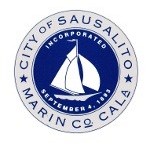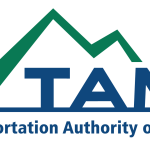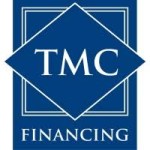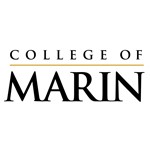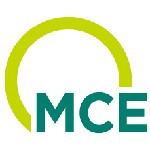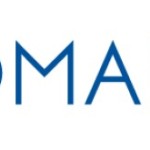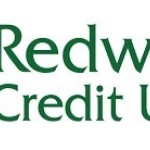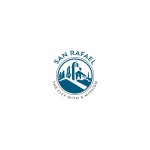MEF Newsletter October 2016
October 2016
 The Concept of Knowledge
The Concept of Knowledge
Elon Musk is good at a very specific type of learning that most of us aren’t even aware of — learning transfer.
Learning transfer is taking what we learn in one context and applying it to another. It can be taking a kernel of what we learn in school or in a book and applying it to the “real world.” It can also be taking what we learn in one industry and applying it to another.
Most people can learn a lot more than they think they can. They sell themselves short without trying. Musk has a unique process for fostering learning transfer. First, he deconstructs knowledge into fundamental principles. It is important to view knowledge as sort of a semantic tree. Make sure you understand the fundamental principles — i.e. the trunk and big branches — before you get into the leaves/details or there is nothing for them to hang onto. The second involves reconstructing the foundational principles he’s learned in artificial intelligence, technology, physics, and engineering into separate fields.
The concept of knowledge has a logical structure to it and you need to understand the foundations before moving to the extremities. Musk’s emphasis on “fundamental principles” mirrors another healthy habit of mind he adheres to: first principles thinking. Musk says that with first principles, “you boil things down to the most fundamental truths … and then reason up from there.
The approach goes all the way back to Ancient Greece, which was the start of Western civilization’s attempts to systematize knowledge. Over 2,300 years ago, Aristotle said that a first principle is the “first basis from which a thing is known” and that pursuing first principles is the key to doing any sort of systemic inquiry — whether in philosophy as he did, or in business as Musk does. In other words, you have to get to know the tree’s trunk, then branch out from there.
The Marin Economic Forum (MEF) is a public-private partnership, serving as a platform for collaborative efforts on improving Marin County’s economic vitality, while seeking to enhance social equity and environmental protection. As MEF builds up our reservoir of “first principles” and associates these principles with different fields, we gain the superpower of being able to go into a new field we’ve never learned before and quickly make unique contributions.
Part 3 of this 3 part series will explore the concept of wisdom and how we transform knowledge. Until next month, we leave you with the following quote:
“We are in an age that assumes that the narrowing trends of specialization to be logical, natural, and desirable… In the meantime, humanity has been deprived of comprehensive understanding. Specialization has bred feelings of isolation, futility, and confusion in individuals. It has also resulted in the individual’s leaving responsibility for thinking and social action to others. Specialization breeds biases that ultimately aggregate as international and ideological discord, which in turn leads to war.” —Buckminster Fuller
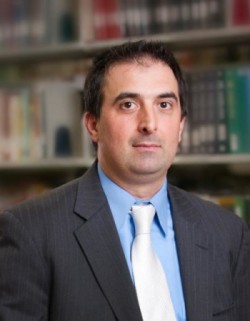 Knowledge and Job Marketing Matching
Knowledge and Job Marketing Matching
Economists have struggled with knowledge acquisition and its transformation to worker productivity since economics started as a social science. In the 1960’'s, a soon-to-be Nobel Laureate economist, Kenneth Arrow, wrote a paper called "The Economic Implications of Learning by Doing." The idea of learning by doing, or the acquisition of job knowledge by doing the job, slowly transformed the way economists looked at training programs. Previous to this study, economists assumed the worker’'s knowledge base was determined outside the job area and brought to their job (and really not changed without formal education). What if workers gained knowledge at their jobs and became more productive by doing their work or something similar?
In many ways, workforce development programs, apprenticeships, and other “"on-the-job”" training employ this learning-by-doing concept. For the past two years, a six-county initiative in the North Bay has been looking at career pathways, or how to turn knowledge into a career for students in high schools and community colleges. This is part of a state-wide initiative to pair vocational training and education programs with possible jobs in the future. The educational facilities, and a wide variety of partner organizations (workforce development organizations, such as WIOA run by counties funded nationally by the Department of Labor, are part of this also), attempt to provide third-party training.
Can the career pathways lead to training programs? Many movements, such as the Maker movement, suggest that hands-on training can help people (especially kids) more easily acquire science and math foundations and critical thinking, but does training convert to knowledge. We are making such a wager through our North Bay educational institutions expanding training and apprenticeships and internships for students. These are all variations on a learning-by-doing theme: by actually doing the job you acquire the knowledge to do the job better.
Communication with employers is the bridge to make any third-party, training program work. For the job market, a challenge is to provide those skills in a timely way to match labor demand. Some of that challenge is to foresee what skills may be needed four to five years in the distance. In economics, markets are a place where labor trades its skills for wages and salaries. Does it trade knowledge? Going to college has a regal goal of acquiring knowledge in many cases. Does that mean a fresh graduate from a CSU or UC campus is work ready? That subtle difference is sorted on the job market in ways that can be very painful for new entrants if they have knowledge but not job skills.
In the end, the learning-by-doing concept is taking a worker and adding skills, or knowledge of how to get a job done. Credential programs have a "practicum" component where students practice teaching (learning-by-doing); I am sure many of us have stories of professors that have amazing knowledge, but struggled with teaching. Part of that is the dichotomy of skills versus knowledge. When both are in place, they become powerful allies in the labor market.
We have job matching problems throughout the United States with a labor supply that has plenty of knowledge, but perhaps not the correct skills. We need to stay up with our employers in what knowledge is needed for coming jobs, and how specific skills can fine tune that knowledge in a productive worker. This is why developing career pathways and transition programs is so important: we need support for changing employer needs, as well as a wide breadth of worker background to minimize the time someone is unemployed who wants to work.
If we solve this, we have taken our knowledge of labor market dynamics and done the best we can to provide economic opportunity.
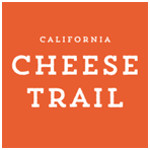 MEF Board Director, Vivien Strauss, Cheese Trail Founder
MEF Board Director, Vivien Strauss, Cheese Trail Founder
The California Cheese Trail project, created by MEF Board member Vivien Straus, showcases California’s 70+ cheesemakers - most of whom are farmers - who craft their artisan and farmstead cheeses using milk from cows, goats, sheep and even water buffalo. The project’s aim is two-fold: to promote cheesemakers - thereby helping small farms - as well as connect consumers who wish to visit cheesemakers. The North Bay, with its productive pasturelands, has 25 cheesemakers, many of whom are open for visits.
Through the website, CheeseTrail.org, a free app and a printed map, you can find suggested driving tours to cheesemakers (with integrated Google mapping), farm tours, cheese-making classes, events and details as to which cheesemakers are open to the public.
On Sunday, October 30th, there will be a benefit for the project at Straus Home Ranch with cheese tasting, drinking and meeting a couple of calves. A raffle for a 2-night stay at the farm is also an option.
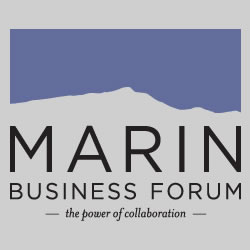
| MEF Business Professional’s Networking Group Thursday, October 13, 2016, 5:00pm—7:00pm 300A Drake’s Landing Road in Greenbrae, 94904 visit www.marinbusinessforum.com for details. |
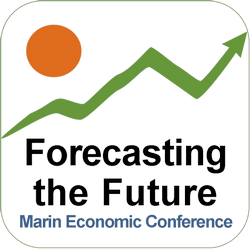
| MEF Co-Presents Forecasting The Future Wednesday, October 27, 2016, 7:30am—10:00am Embassy Suites, San Rafael visit www.srchamber.com for details |

| For the Love of Cheese, Cows and Farm Life Saturday, October 30, 2016, 2:00-5:00pm Straus Home Ranch, Marshall visit www.malt.org for details |
